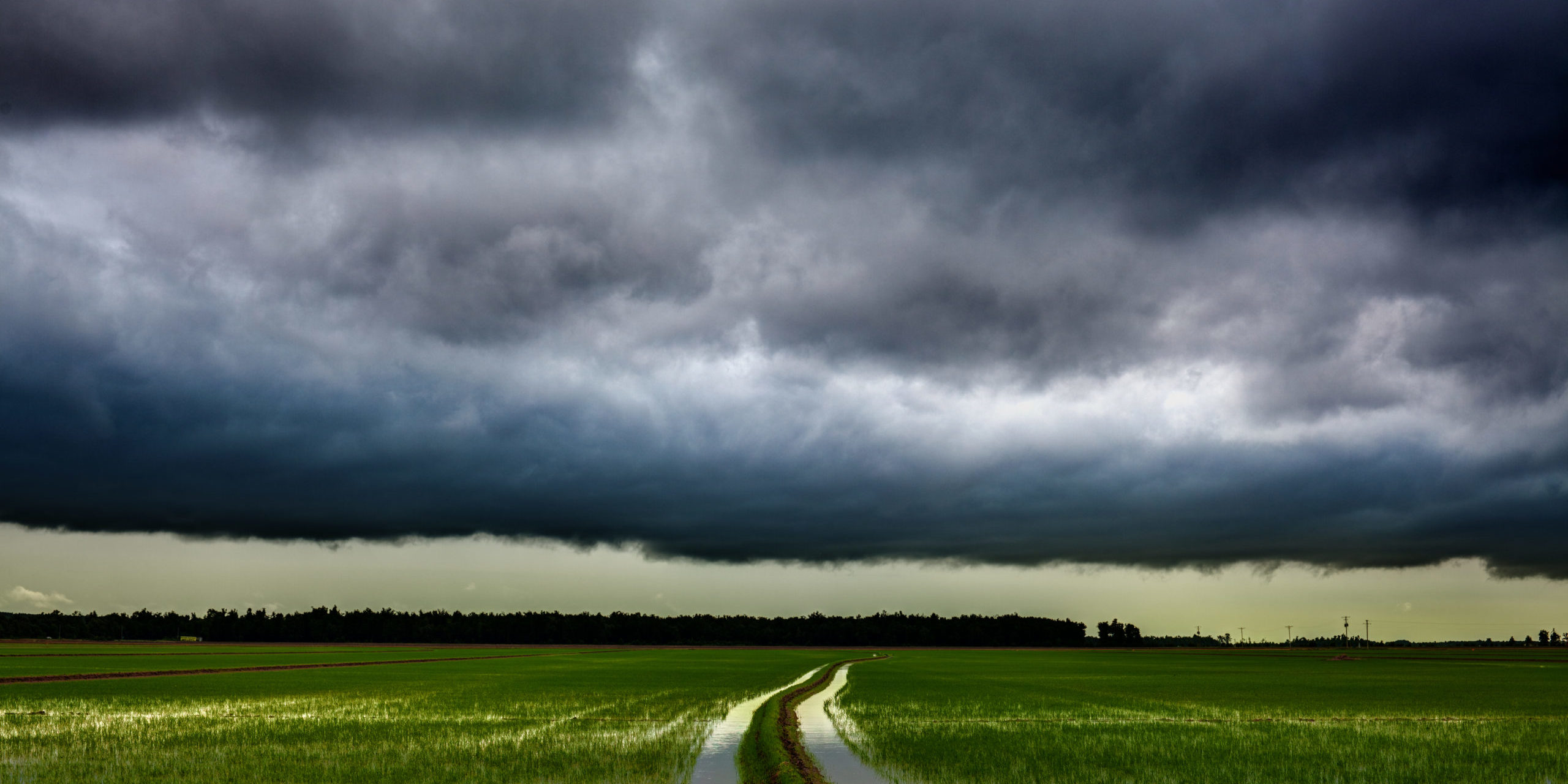“Look to the farm.”
That was Arkansas rice farmer Mark Isbell’s advice to Congress when Groundwork asked what policymakers can do to help rural America address climate change.
While it can be easy to get caught up in buzzwords or trending policy ideas when it comes to climate change, America’s farmers and ranchers are already doing the hard work to increase resiliency and efficiency. They’re the original conservationists.
Rather than build a policy that works on Capitol Hill but not on the farm, Isbell instead recommends that we look to rural America to identify existing opportunities to support farmers and ranchers through smart policy.
Isbell knows what works. Not only is he a fourth-generation farmer, but Isbell was also one of the first farmers to ever sell a carbon credit associated with rice production. Earlier this year, Isbell testified before the Senate Committee on Agriculture about his experience with carbon markets and the importance of voluntary climate-smart policies that encompass all of agriculture.
“It’s important that we don’t see things as one size fits all,” Isbell told Groundwork. “What a farmer in Iowa or Illinois does to promote soil health doesn’t look at all the same as to what we need to do here in central Arkansas. What a corn farmer does isn’t going to be the same as what a rice farmer does.”
That is why both Congress and the U.S. Department of Agriculture must look at an entire portfolio of options to foster climate-friendly agriculture, minimize inputs, maximize efficiency, increase soil health, and support biodiversity.
As Isbell describes it, policy ideas such as carbon markets are just “one piece of the puzzle… not the whole puzzle.”
New technologies and farm practices also come with risks – and costs – that must be considered as part of any policy development.
“If we aren’t able to sustain the farms economically, we won’t be here to sustain the farms environmentally,” Isbell said.
America’s family farmers and ranchers care deeply about the environment. They want to leave this land better than they found it and give future generations the chance to cultivate a crop. Importantly, they want to continue feeding others while using less of our precious natural resources.
Let’s make sure that Congress gives them the tools they need to succeed.

